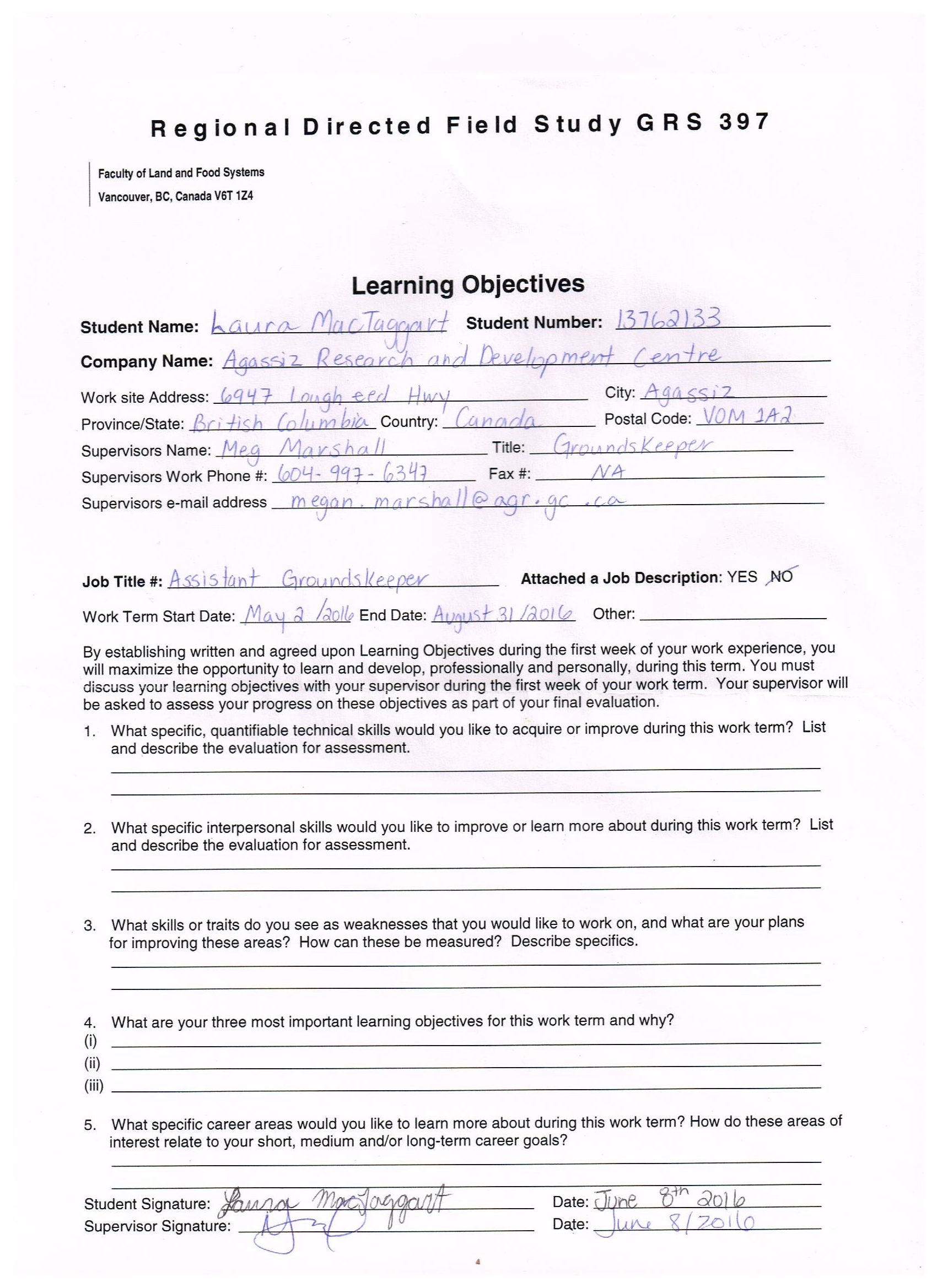
 TECHNICAL SKILLS
TECHNICAL SKILLS
Greenhouse
The student will be able to:
- Effectively water plants and determine which need to be monitored more/less frequently. Also, the student will learn the different watering techniques necessary for different plants to maximize their health and growing potential.
- Understand the necessities for a plant to thrive in a greenhouse and be able to identify factors that limit plant growth. Furthermore, if training permits, the student must understand and be able to perform the necessary treatments to plants to improve their growth potential.
- Appropriately plant and transplant seeds or plants for the greenhouse.
Insectary
The student will be able to:
- Identify the different insect varieties being reared and their role as a biological control in the greenhouses.
- Effectively identify and provide the resources necessary for insect survival (food, water, shelter, space).
- Identify hazards (if any) with working with different insect varieties.
Grounds Work
The student will be able to:
- Identify different ornamental crops, understand their necessities to thrive on the grounds and be able to identify factors that limit their growth. Furthermore, if training permits, the student must understand and be able to perform the necessary treatments to plants to improve their health. These results may be the same or different than those for crops in a greenhouse.
- Safely use various tools and machinery and identify possible hazards and the necessary PPE required.
- Understand how to adjust care of ornamental crops in different weather conditions.
INTERPERSONAL SKILLS
The student will be able to:
- Work alone in various situations while maintaining focus. Also, the student will need to be able to identify hazards of their working environment (if any) and prepare accordingly.
- Maximize their learning by asking questions to their supervisor and other staff.
- Be punctual on a day-to-day basis so that daily check-in with the supervisor can begin on time and respect the needs of the supervisor.
- Participate in work related team building activities to contribute to the sense of community at the research center.
Skills and Traits to Improve on
The student will improve:
- Their ability to focus and stay on task when working alone.
- Their punctuality on a day-to-day basis.
- Their thoroughness in more complex duties.
Most Important Learning Objectives
The student will learn:
- The theories and hands-on knowledge of how small scale ornamental crops are produced and how these techniques may crossover to small scale food production. The student may gain experience working with fruit crops and may include those experiences in their blog. This learning objective is of utmost importance as one of my study interests in the Global Resource Systems program is small scale agriculture- especially in urbanized centres. My goal this summer is to better understand how various small scale crops are grown, their potential and their limitations.
- The theories and hands-on knowledge of how insect colonies are reared and how these techniques could crossover with small scale entomophagy practices. In my studies at UBC, I have focused on the relationship between environmental sustainability, humans and agriculture. Recently, I have taken a particular interest in insect food sources as I have identified that they could be key in creating a more environmentally sustainable food system. There is a wealth of knowledge in the staff at the Agassiz research centre on insects and I want to learn from them and connect their information with knowledge I have gained from my studies.
- Techniques that make small scale crop production more environmentally sustainable. This knowledge will help me in my undergraduate studies as I seek to understand modern environmentally sustainable techniques being used in agriculture, industry and society.
Career Awareness
The student will learn:
- The role of researchers in agriculture and the day-to-day demands of their job. This will help guide me to understand whether or not further education (Masters or PhD) is suited to me and my interests.
- The role of a groundskeeper in agriculture and the day-to-day demands of their job. This will serve as a contrast with the researchers’ position to determine whether I prefer the outside/hands on/divers work environment of a groundskeeper or if I prefer the more meticulous lab work done by researchers.
Evaluation
Every other Wednesday beginning June 8th, the student will hand-in a blog entry that is accessible to teachers for grading purposes only. The blog entries will include information about the student’s working location, the nature of the work days and responses to the learning objectives. Pictures, calendars and other multimedia uploads may be used. The student will send a copy of the blog post to their supervisor the Tuesday before it’s due date to be approved and to acknowledge the student’s learning progress. This will also serve as a “proof read” to ensure that all information is correct and acceptable.
The blog will cover information from section 1 (except for safe tool and equipment use), 4 and 5 from the above categories. Section 2 and 3 will be monitored by the supervisor. At the end of the work term, the supervisor will evaluate whether the student met their interpersonal and skill goals. For evaluation of safe tool and equipment use, the student will talk through the safety features and necessary precautions of each tool and piece of machinery to their supervisor before using it for the first time.
